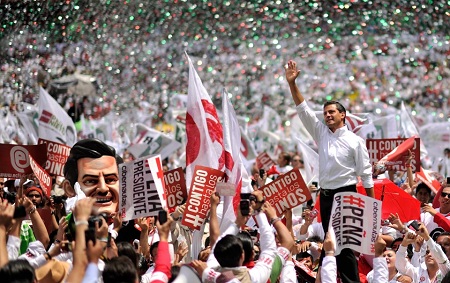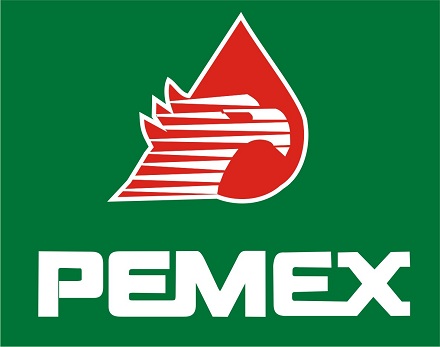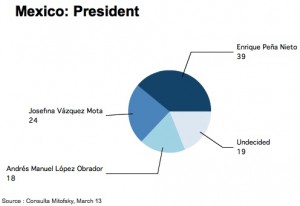Jo Tuckman had an engaging piece in The New York Times on Sunday, decrying the “lost years” of Mexican democracy and sounding some alarm about the likely return to power in Mexico of the Partido Revolucionario Institucional (PRI) when Enrique Peña Nieto, as widely predicted, wins the presidential election on July 1.![]()
She asks:
How is it, then, that the party’s candidate, Enrique Peña Nieto, seems poised to win the presidential election next Sunday and become the leader of 113 million Mexicans?
The answer is that Peña Nieto has run a much (much) superior campaign than Josefina Vázquez Mota, the candidate of the Partido Acción Nacional (PAN) or Andrés Manuel López Obrador, the candidate of the Partido de la Revolución Democrática (PRD). The PAN has held the presidency for 12 consecutive years, so it has taken the brunt of criticism over the Mexican economy, drug violence and the less-than-galloping pace of political and economic reform, even though it doesn’t control Congress, and the PRI and the PRD have opposed most of president Felipe Calderón’s agenda. For its own part, the PRD still isn’t truly a political presence in northern Mexico and López Obrador blew a huge lead in the 2006 presidential election and refused to cede the PRD’s shot in 2012 to the younger and more centrist Marcelo Ebrard.
The PRI, of course, governed Mexico from 1929 until 2000, often with a healthy dose of authoritarianism, an even healthier dose of electoral fraud and a lot of government spending diverted to bolstering the party. For most of the PRI’s reign, it’s safe to say, Mexico was something short of a strict dictatorship (Mexico’s government had certain features that limited authoritarian abuse, such as a six-year term limit for Mexican presidents), but nothing like a liberal democracy.
But Tuckman is wrong to call the last 12 years a lost opportunity, and she’s wrong that the impending return of the PRI indicates that Mexican democracy is in danger — if anything, the PRI’s return indicates that Mexican democracy is thriving.
It would be prudent, of course, for Mexican civil society to remain vigilant for any signs of backsliding, and groups, such as the youthful YoSoy132 movement, are pressing this very point within Mexico. As it turns out, Televisa, Mexico’s largest television network, had been selling favorable coverage to Peña Nieto — in years past, the PRI may have gotten away with that; instead, it was plastered earlier this month across global headlines when The Guardian broke the scandal (back in 2000, Mexico’s oil company, Pemex, gave $140 million in loans to certain PRI-backed unions, who in turn donated the cash to the PRI’s then-presidential candidate Francisco Labastida, who still lost handsomely), embarrassing Televisa, the PRI and Peña Nieto.
A lot of people think that 2000 — the year that the PAN’s Vicente Fox wont he presidency — marks the key transition for Mexican democracy. Fox’s election was indeed a landmark for Mexican democracy, but the real turning point came a bit earlier — in 1994. Continue reading Why fears about the return of the PRI to power in Mexico are wrong






